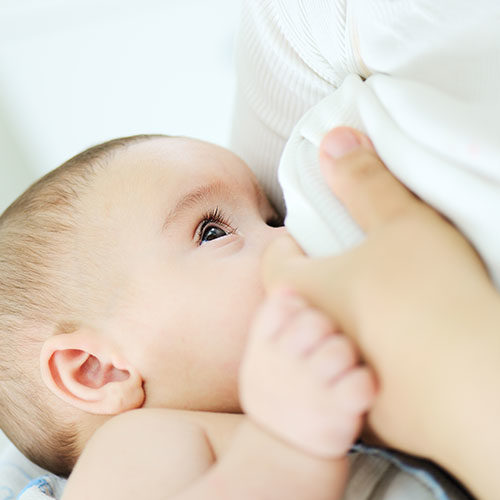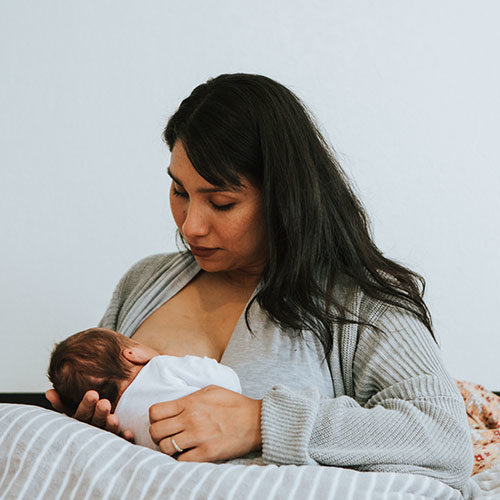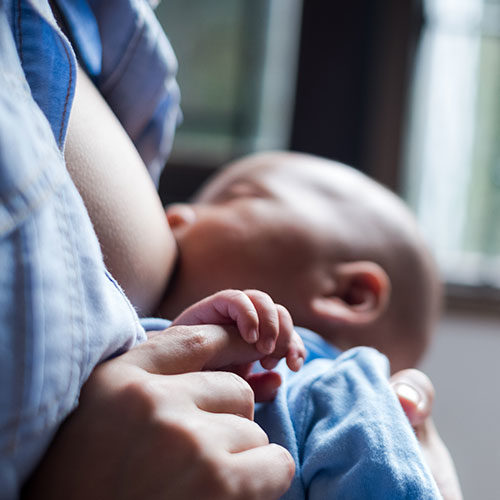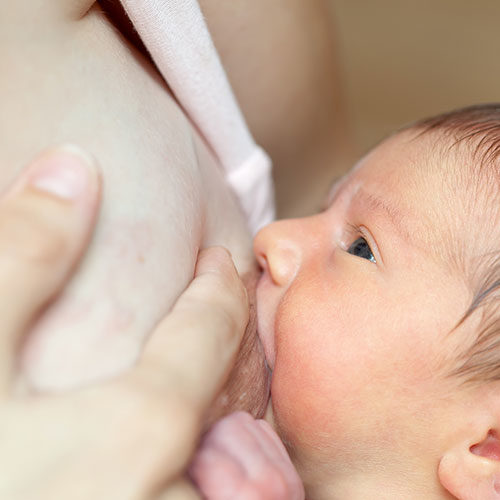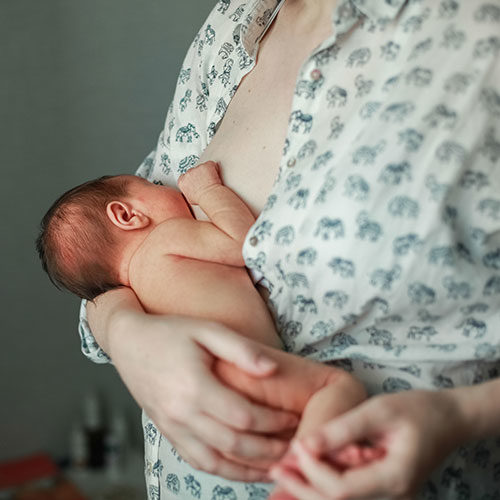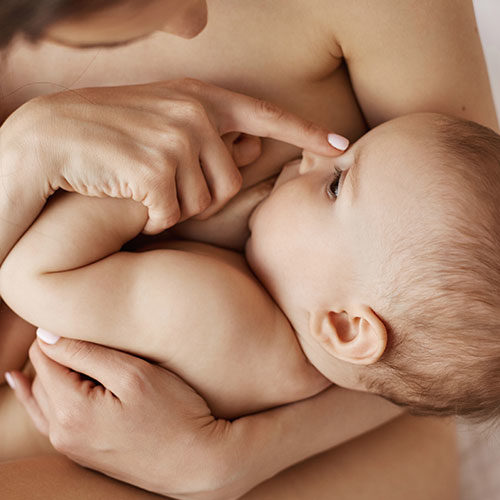Suddenly I notice a lot of hairfall, I am a breastfeeding mother is this because of breastfeeding? What can be done?
Most women notice a more than usual hair fall at around 3 months after giving birth to their baby. Many women attribute it to breastfeeding but that’s a myth. The real cause of postpartum hair fall lies in hormonal changes during pregnancy. It happens to most mothers irrespective of whether or not they are breastfeeding. It is also normal and it is temporary.
Hair Cycles:
Every individual has a unique hair cycle; the stages of which are as follows.
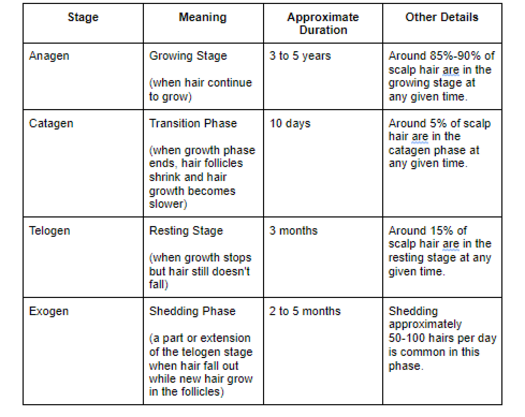
What happens during Pregnancy?
Due to hormonal changes during pregnancy, the percentage of hair in the growth stage is increased. This leads to more hair growing and less hair shedding.
What happens at Birth?
The birth then brings about changes in hormones. Now, the hair in the growth stage transition and go to the resting stage. The resting stage lasts for approximately 3 months.
What happens postpartum?
At around 3 months postpartum, the resting stage ends and the shedding phase begins. So, a woman starts losing all the hair that she didn’t lose during pregnancy. The hair fall seems more extreme, drastic and worrisome if the hair grew much more than usual in the growth phase during pregnancy. Long hair can make the hair fall look extreme too. The shedding phase goes on for the next 2-5 months. Therefore, the normal hair cycle is resumed between 6-12 months postpartum. Until then, the hair fall may look a lot and can cause worry in the mother.
How to handle Postpartum Hair Fall?
Even though nothing can be done to stop the hair fall; there are some techniques that can be used to manage and deal with the hair fall. E.g. getting a shorter and more manageable haircut, avoiding combs and brushes, using good quality shampoos and conditioners and using hair products that make the hair appear more in volume.
When to consult a Doctor?
If the hair fall happens in patches or chunks, or if it continues beyond 1 year postpartum, it is important to check with a medical professional to rule out other conditions including hypothyroidism which is common postpartum.
References:
https://kellymom.com/bf/concerns/mother/hairloss/
https://www.healthline.com/health/stages-of-hair-growth#shedding-phase
https://www.verywellfamily.com/causes-of-postpartum-hair-loss-and-what-to-do-4111113#
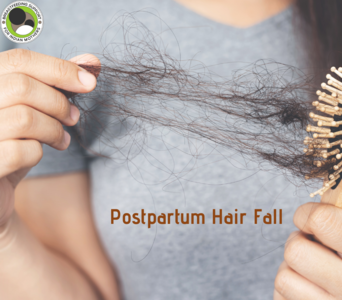
Wish to speak with a member of our team who is a certified lactation professional and also an experienced breastfeeding mother, click on this link.
Medical Advice Disclaimer
THIS WEBSITE DOES NOT PROVIDE MEDICAL ADVICE.
The information, including but not limited to, text, graphics, images and other material contained on this website are for informational purposes only. No material on this site is intended to be a substitute for professional medical advice, diagnosis or treatment. Always seek the advice of your physician or other qualified health care provider with any questions you may have regarding a medical condition or treatment before undertaking a new health care regimen, and never disregard professional medical advice or delay in seeking it because of something you have read on this website.
Disclaimer
We understand and acknowledge that parents and babies can be of various genders on a spectrum of LGBTQI+. Families come in diverse flavours. However, in our articles, for the sake of simplicity and convenience, we will be referring to the breastfeeding parent as the mother and using the female pronouns- ‘she’ and ‘her’ for babies. Babies can be nourished and nurtured in different ways and while we have used the terms breastfeeding and nursing, we recognize that parents can opt to chest feed or finger feed.
We don’t have conflicts of interest and declare, and we are compliant with the WHO code of marketing of breastmilk substitutes and the IMS act.
In case you find any information on this website that needs to be updated, please write to us at info@bsim.org.in

